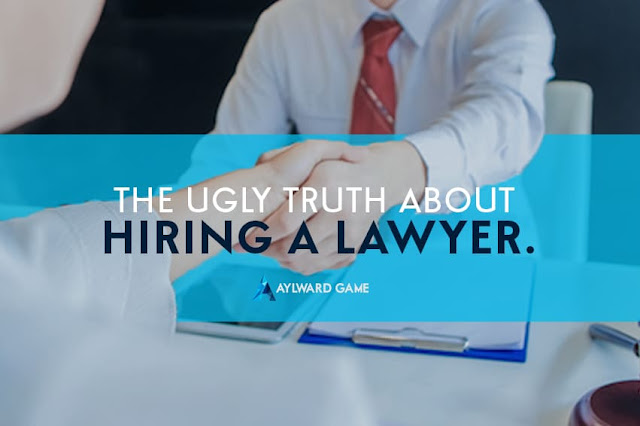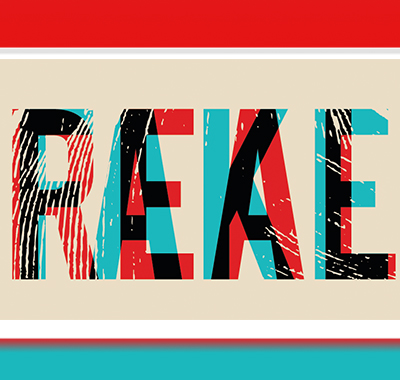Hiring A Lawyer
On many occasions, we are consulted by people who have experienced a family breakdown and they have undertaken a significant amount of research online – the legal equivalent to consulting “Dr. Google” when we feel unwell.
Whilst there is undoubtedly a large amount of information available via the internet, much of it of high quality, there is also an enormous amount of misleading, inaccurate, or irrelevant information available.
In principle, of course, it is a good thing that people become better informed and better able to understand their situation. But just as “Dr. Google” won’t replace your local GP or hospital specialist any time soon, the internet rarely enables even the most diligent researcher to replace the skills and experience of an experienced, knowledgeable solicitor.
Going It Alone
We have sometimes been consulted by people who have attempted to draft Court documents themselves, only to have them rejected, sometimes more than once, by the Court because despite their best efforts they simply cannot get the documents correct.
At other times we are consulted by people who have formed a clear and definite view about what the outcome should be to their family law situation, based on their online research. Our real-world experience and legal knowledge may provide a different perspective and help them see alternative solutions. On many occasions, we have seen homemade wills that have a serious technical error that renders them invalid.
Value For Money
Whilst legal fees may be expensive, a good solicitor will give you value for money. They will listen to you and understand your situation, use their experience and commercial good sense to apply the law, and assist you to find practical, sensible, personalized solutions to your circumstances.
Many times we have been able to save our clients money by providing sensible advice or by using our experience to find solutions that they were otherwise unaware of. We consider this part of our obligation to keep our clients ‘Ahead Of The Game’.
For a no-obligation, free 20-minutes initial consultation with one of our experienced solicitors, please call us on 1800 217 217
Article Source: Hiring A Lawyer




 How to become a (real) lawyer:
How to become a (real) lawyer: